Polls test South Korea mood after ferry disaster
- Published
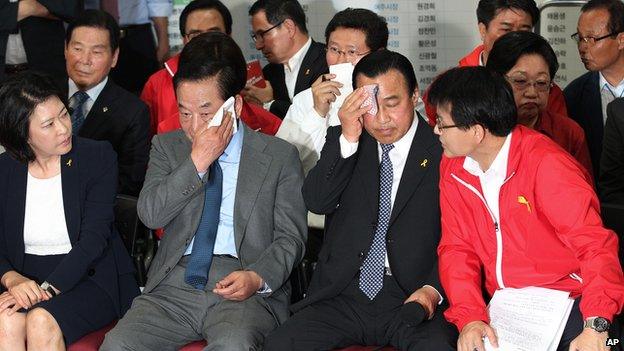
Ruling party officials were relieved at the result
South Korea's ruling conservative party has made a strong showing in local elections despite criticism over its handling of the recent ferry disaster.
President Park Geun-hye's Saenuri party won eight of 17 main contests for city mayors and provincial governors.
The main opposition New Politics Alliance for Democracy (NPAD) party won the remaining nine races that included the Seoul mayor.
Voters also elected other mayors, county officials and council members.
The ruling Saenuri Party staked its campaign on Ms Park's pledge to reform government bureaucracy and improve safety oversight following the ferry disaster in April.
"The Korea after the Sewol ferry disaster must be different from the Korea before the disaster," said senior party official Lee Wan-koo. "We need to reform and create a safe country."
The local polls were presented by media and politicians as a referendum on the party and its handling of the ferry disaster, says the BBC's Lucy Williamson in Seoul.
Analysts said Ms Park's party would have done much better if the disaster had not happened.
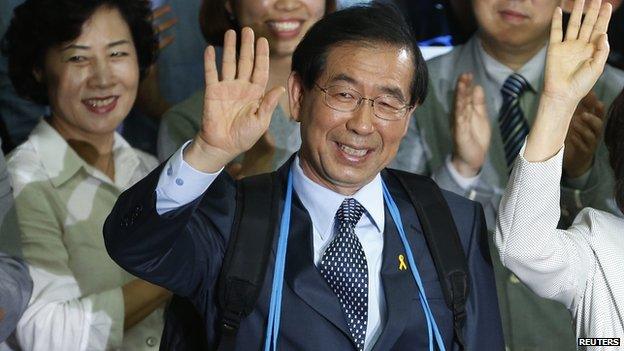
Park Won-Soon retained his title as mayor of Seoul, a position seen by many as a stepping stone to the presidency
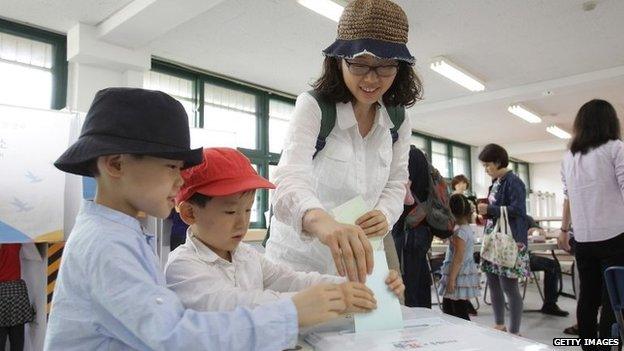
South Koreans elected mayors, provincial governors and local officials
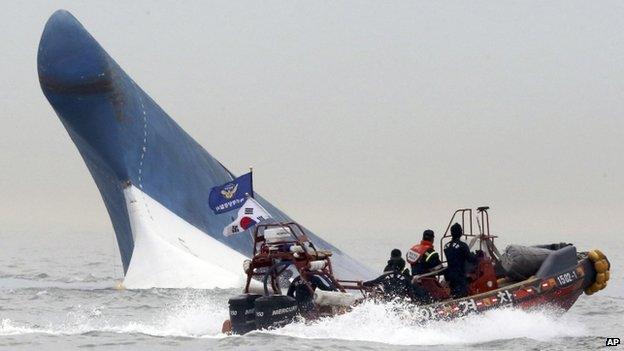
Out of the 476 people on the South Korean ferry, only 172 survived
The local elections are held every four years, with almost 4,000 municipal posts contested.
The poll - though it has no impact on national politics - is being watched for signs of real political fall-out, our correspondent adds.
Entrenched regional voting patterns however are likely to forestall any major shift in South Korean politics.
President Park Geun-hye's popularity has fallen sharply since the April sinking, which left more than 300 people - mostly school children - dead.
Ms Park has already apologised for the disaster and promised reforms, but anger at alleged mismanagement by the rescue services and the ferry company has seen her approval ratings drop below 50%.
The incident has sparked anger over perceived incompetence and negligence.
The Sewol ferry, carrying 476 people, sank on 16 April off the south coast of South Korea.
Investigators say it was overloaded, while both the crew and coast guard have come under fire for their failure to rescue more passengers.
- Published6 May 2014
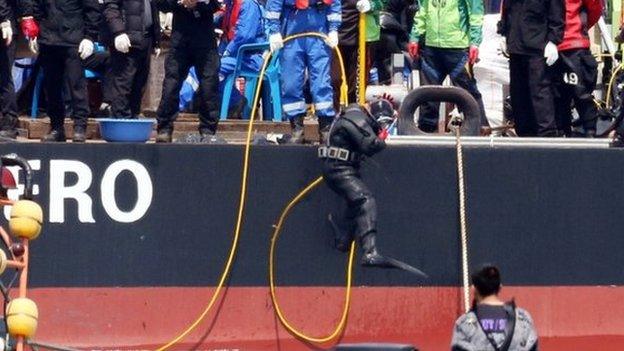
- Published4 May 2014
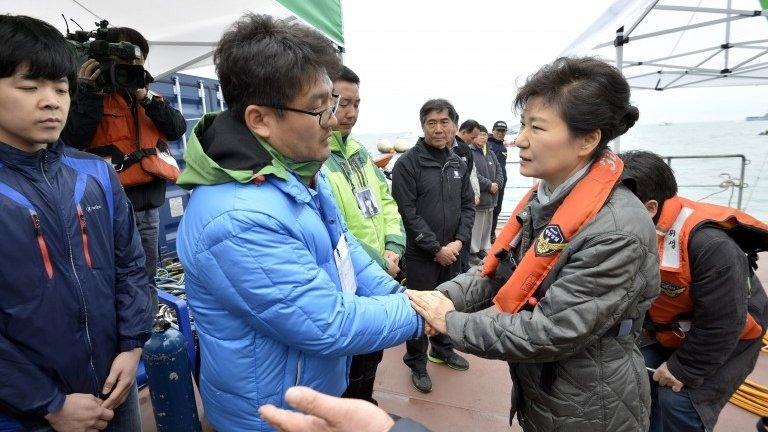
- Published1 May 2014
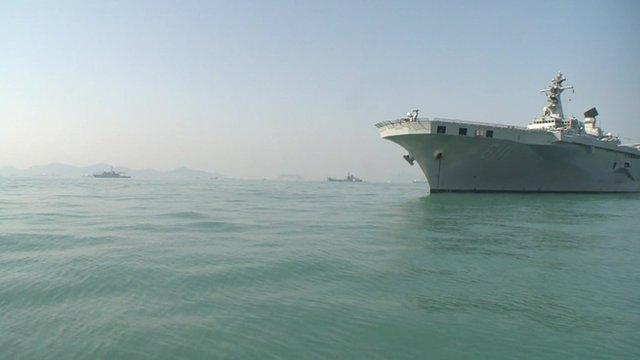
- Published1 May 2014
